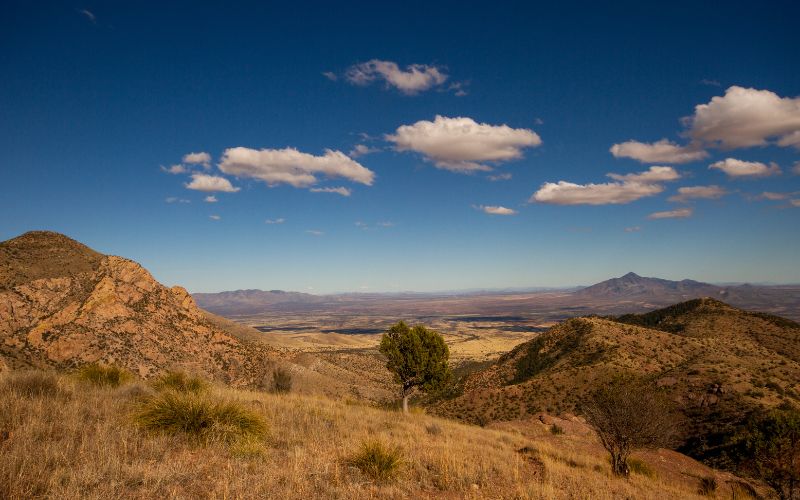
- Details
- By Native News Online Staff
Last week, a U.S. district judge dismissed claims by Native American tribes and environmentalists seeking to stop construction along part of a $10 billion energy transmission line in Arizona.
The transmission line in question, owned by California-based developer Patterned Energy and dubbed the SunZia Wind and Transmission project, will carry wind-generated electricity from New Mexico to California, spanning 520 miles.
The Tohono O’odham Nation, the San Carlos Apache Tribe, and the Center for Biological Diversity and Archeology Southwest filed suit against the project in January, alleging a portion of the transmission line that runs through Arizona's San Pedro Valley disrupts an area of historical, cultural and religious significance for the tribes. Plaintiffs hoped the suit would pause construction so more work could be done to identify culturally significant sites within a 50-mile (80-kilometer) stretch of the valley.
In 2023, the Bureau of Land Management allowed the project to move forward without notifying the tribes involved first, which falls afoul of the National Historic Preservation Act, the Administrative Procedure Act, and multiple executive orders on preservation and tribal consultation, the tribes write in their joint statement. Plaintiffs further alleged that the Burea failed to adequately inventory cultural resources in the area, and ignored repeatedly raised concerns about cultural safety.
Pattern Energy called the ruling a win for the region, citing the jobs and billions of dollars in economic development and investment that will result from the project.
More Stories Like This
Gwich'in Tribal Governments Submit Comments Challenging Fish and Wildlife Service's Inadequate Environmental Review of Arctic Refuge Snow RoadRappahannock Tribe Challenges 9M-Gallon Water Plan
Feds release draft long-term plans for Colorado River management
Apache Leader Walks 60 Miles to Court Hearing That Will Decide Fate of Sacred Oak Flat
Rappahannock Tribe Raises Sovereignty and Environmental Concerns Over Caroline County Water Permit
Help us defend tribal sovereignty.
At Native News Online, our mission is rooted in telling the stories that strengthen sovereignty and uplift Indigenous voices — not just at year’s end, but every single day.
Because of your generosity last year, we were able to keep our reporters on the ground in tribal communities, at national gatherings and in the halls of Congress — covering the issues that matter most to Indian Country: sovereignty, culture, education, health and economic opportunity.
That support sustained us through a tough year in 2025. Now, as we look to the year ahead, we need your help right now to ensure warrior journalism remains strong — reporting that defends tribal sovereignty, amplifies Native truth, and holds power accountable.
 The stakes couldn't be higher. Your support keeps Native voices heard, Native stories told and Native sovereignty defended.
The stakes couldn't be higher. Your support keeps Native voices heard, Native stories told and Native sovereignty defended.
Stand with Warrior Journalism today.
Levi Rickert (Potawatomi), Editor & Publisher


